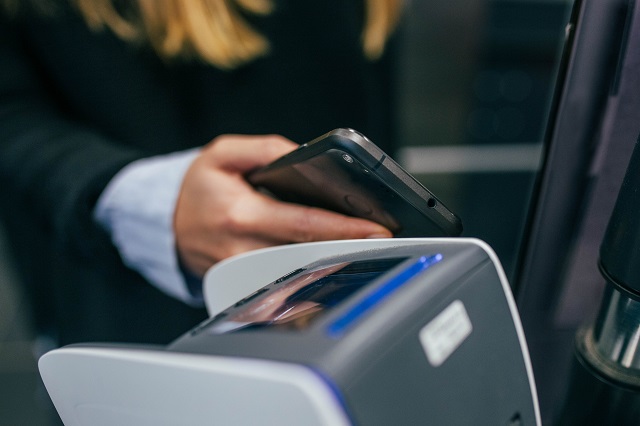PSD2 is the abbreviation for the Revised Payment Services Directive II. This is a European Directive that allows for more competition and innovation in payments. The rules went into effect on Feb. 19, 2019. This gives companies entering the payments market an opportunity to offer payment services to consumers. This means consumers will have more choice in how they can pay at the checkout and online. For example, they can no longer pay only through the bank, but also through third-party companies that offer, for example, an app or a wallet. Consumers can also, if they give explicit permission, give a company access to the information in their checking account so they can create a "household book" for example.

Under PSD2, the Consumer and Market Authority (ACM) is responsible for access to payment systems and payment account services of payment institutions, for example banks. The ACM also supervises the calculation of surcharges for the use of a payment instrument ("surcharging"). In addition, the ACM also monitors compliance with competition rules in this sector.
Competition between companies, also in financial market
Newcomers in the payments market must be able to compete with existing banks on fair terms - open, transparent, non-discriminatory. The ACM has recently received signals from newcomers to the payments market that it is sometimes not easy to gain access to the environment of existing banks, even if it is technically possible now or banks themselves already offer similar services. For this reason, the ACM will take a closer look at some of these signals.
What does the ACM do?
The ACM supervises part of PSD2. Below we explain the main changes for the ACM's supervision:
Access to checking accounts
Monitoring access to payment accounts. In order to offer (new) payment services, companies need access to a payment account. We check whether banks treat everyone equally in that access. And whether access to the payment account is extensive enough to offer payment services.
Surcharging: charging surcharges for the use of a means of payment
For the majority of payment transactions, retailers will soon no longer be allowed to charge surcharges for the use of the means of payment, for example a debit card, direct debit, most credit cards or a bank transfer. For those payments not covered by this ban on surcharging, such as iDEAL or PayPal, merchants will only be allowed to charge actual fees.
Access to payment systems
We monitor access to payment systems. Providing payment services also requires access to the underlying payment systems. We watch to ensure that this access is not unnecessarily restricted or denied.
In addition to the PSD2 rules, the competition rules already overseen by the ACM will continue to apply.
What are other regulators doing?
De Nederlandsche Bank
DNB issues licenses to banks, payment institutions and electronic money institutions. DNB also oversees, among other things, the financial position of banks and payment institutions, secure access to payment accounts, risk management and authentication (the way in which you make yourself known to the bank and give permission to access the account).
Financial Markets Authority
The AFM supervises the provision of information by payment service providers. It ensures that payment service providers treat their customers with care.
Autoriteit Persoonsgegevens
The AP oversees the protection of people's privacy. In doing so, the AP looks at the requirements in the General Data Protection Regulation (AVG) and those included in PSD2. The AP ensures that consumers are asked for explicit consent before giving payment service providers access to personal data necessary to provide their payment services.
The regulators cooperate with each other to properly supervise payment service providers operating in the Dutch market.
This article can also be found in the PSD2 dossier

